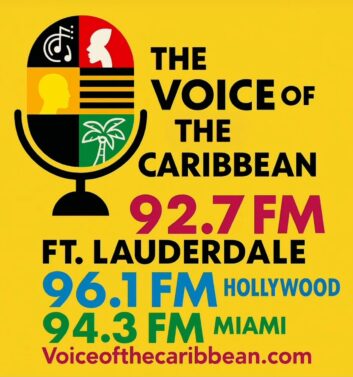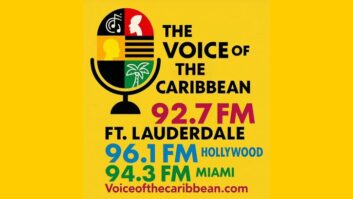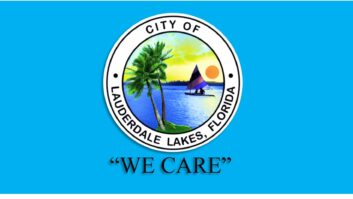A second South Florida LPFM has been issued a notice of violation by the FCC for operating well over their transmitter power limit.
Fort Lauderdale’s 92.7 WZOP(LP), licensed to the Hollywood Brothers Helping Others organization, received a notice from the commission for using a transmitter power output of 514 watts — approximately 988% of its authorized power, according to the FCC.
(Read the FCC’s violation notice sent to WZOP.)
An agent from the Enforcement Bureau’s Miami office inspected WZOP’s transmitter site at NW 21st Ave. in Fort Lauderdale last May and took the signal measurements.

According to commission rules, the transmitter power output of an LPFM operating at more than 10 watts must fall between 90% and 105% of its authorized level. WZOP’s license authorizes a transmitter power output of 52 watts.
Hollywood Brothers Helping Others has 20 days to respond to the notice, fully explaining the violation and outlining specific corrective actions along with a timeline.
Multiple Voice of the Caribbean LPFMs

WZOP airs programming as the “Voice of the Caribbean,” as does 96.1 WZPP(LP) in Hollywood, which received a similar notice after a bureau agent found it transmitting at over 1,000 watts.WZPP is licensed to a completely separate entity — the Broward Jewish Alliance.
As many as three South Florida LPFMs were airing Voice of the Caribbean programming earlier this year. In addition to WZOP and WZPP, Miami’s 94.3 WQPN(LP) was listed as carrying the programming on the Voice of the Caribbean website. However, WQPN is currently silent due to “disagreements with its program supplier,” according to an STA filed with the commission. It is licensed to Multimedia America, Inc.
A fourth station, 102.1 WNGK(LP), licensed to Fort Lauderdale, is also listed on the Voice of the Caribbean’s website as a station that airs its programming. However, WNGK is also silent under an STA with the commission. According to the station’s STA filing, WNGK went off the air on March 17 when it said that “equipment was taken out of the station’s facilities without permission” by Michael Downer, who is mentioned by WNGK as the owner of the Voice of the Caribbean. WNGK is licensed to American Network Media.
LPFMs and simulcasts
The South Florida situation raises the question: Are LPFMs allowed to run simulcast programming?
According to a rules summary from REC Networks, LPFM stations may air the same programs at the same time “as long as one station does not pay the other station.” Time brokerage agreements are not permitted.
REC recommends that LPFMs in such arrangements run different programming in certain dayparts. REC also advises that the stations should carry fundraising messages independently.
It is unknown whether the Voice of the Caribbean stations have any differences in their program schedules.
Radio World has reached out to Ben Rogatinsky, listed as the application signee for WZOP, and will update this story accordingly.






